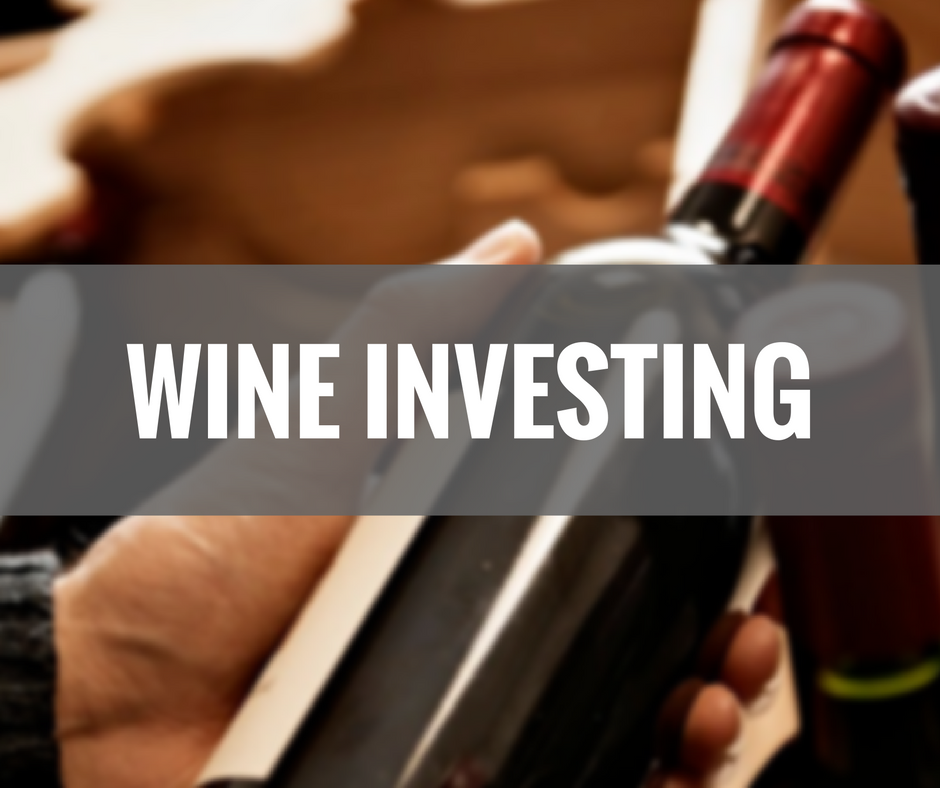Investing in wine can be an exciting and profitable venture if done right. The world of wine offers not only the pleasure of enjoying exquisite flavors but also the potential for significant financial gains. In this comprehensive guide, we’ll delve into the intricacies of how to invest in wine, covering everything from selecting the right bottles to storing them properly and maximizing your returns.
How to Invest in Wine
Investing in wine involves more than just buying bottles and hoping for the best. It requires knowledge, strategy, and a keen eye for detail. Here’s a step-by-step guide on how to invest in wine successfully.
Start with Research
Before diving into the world of wine investment, it’s crucial to educate yourself. Learn about different wine regions, grape varieties, and vintages. Understanding the market trends and the factors that affect wine prices will be your foundation.
Define Your Investment Goals
Ask yourself why you want to invest in wine. Are you looking for short-term profits, or are you in it for the long haul? Your investment goals will dictate your approach.
Set a Budget
Determine how much you’re willing to invest in wine. Keep in mind that wine investments can vary in price, so having a clear budget will help you stay on track.
Choose Your Wines Wisely
Selecting the right wines is crucial. Look for wines from reputable producers and regions known for quality. Consider investing in both young wines with potential and older, more established bottles.
Storage Matters
Proper storage is vital to the success of your wine investments. Invest in a wine cellar or use professional storage facilities to ensure your bottles are stored at the right temperature and humidity levels.
Be Patient
Wine investment is a long-term game. Prices can appreciate significantly over several years, so patience is key. Avoid the temptation to sell too early.
Monitor Your Collection
Regularly check the condition of your wine collection. This includes inspecting labels, corks, and storage conditions. Proper maintenance ensures the value of your investment remains intact.
Diversify Your Portfolio
Spread your investments across different wine regions and types. Diversification helps mitigate risks and increases the potential for higher returns.
Seek Expert Advice
Consider consulting with a wine investment expert or financial advisor who specializes in wine. Their insights can prove invaluable in making informed decisions.
Keep Records
Maintain meticulous records of your wine purchases, sales, and evaluations. This will help you track your investment’s performance and make informed decisions.
Also Check :-
- All You Need To Know About Estate Planning.
- Pay On Demand Australia.
- Now TV Stick.
FAQs
Is wine investment only for the wealthy?
No, wine investment is accessible to a wide range of investors. You can start with a modest budget and gradually expand your collection over time.
Are there any tax implications for wine investors?
Yes, there may be tax considerations when selling wine investments. It’s advisable to consult a tax professional to understand the specific regulations in your region.
What’s the ideal temperature for storing wine?
The ideal temperature for wine storage is around 55 degrees Fahrenheit (13 degrees Celsius). Consistent temperature and humidity are crucial to preserving wine quality.
Can I enjoy my investment wines or should I keep them sealed?
While wine can be an investment, it’s also meant to be enjoyed. Some investors choose to open and savor their wines, while others prefer to keep them sealed for potential resale.
How do I sell my wine investments?
You can sell your wine investments through auctions, private buyers, or specialized wine investment platforms. It’s essential to research the best method for your specific collection.
Are there any risks associated with wine investment?
Like any investment, wine carries risks. Market fluctuations, storage issues, and counterfeit wines are potential challenges. Proper research and due diligence can help mitigate these risks.
Conclusion
Investing in wine can be a rewarding and enjoyable experience when approached with knowledge and care. By following the steps outlined in this guide and staying informed, you can navigate the world of wine investment with confidence. Remember that patience and diligence are your allies in building a successful wine portfolio.








